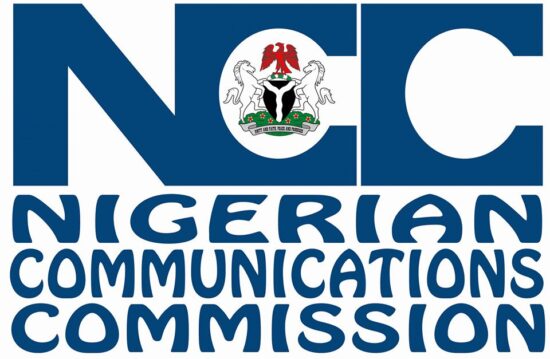2023 is set to be a year of quality service in the Nigerian tech space.
Today, we almost cannot separate technology from the media industry since the media is currently basking on the wings of technology to attain its farthest reach.
Hence, the Nigeria Communications Commission (NCC) is set to operate a political-free electronic transmission, void of personal influences.
NCC has complained that the NITDA 2021 Bill, under the influence of the ministry of information and digital economy, which provide regulations regarding data protection, registration of domain names, IT clearance among other functions, threatens its smooth operation.
The Chairman of the Association of Licensed Telecoms Operators of Nigeria (ALTON), Gbenga Adebayo, emphasized that the independence of NCC is critical for growth in Nigeria’s telecommunication industry. Therefore, NCC must be free from every form of political interference, especially in this election season.
The Chairman of ALTON assured Nigerians of improved telephony service in 2023, adding that the debt owed by Deposit Money Banks (DMB) to telecom operators is a threat to a cashless economy, which strives through mobile technology, and must be addressed.
The Executive Secretary of the Association of Telecommunication Companies of Nigeria (ATCON), Ajibola Olude, added that NCC should release the Mobile Virtual Network Operator license so as to enlarge 5G networks and other technologies to areas yet to be covered.
Also, the chairman in charge of Nigeria Mobile Software, Chris Uwaje, earlier mentioned that Nigeria’s global development metrics is below expectation because the country’s digital strength is underutilized due to neglect and/or misunderstanding.
He said that Nigeria’s digital strength should rather be used as an advantage to achieve a healthy global competitiveness. According to Chris, the major issues are misunderstanding and misinterpreting the difference between a digital economy and digital transformation.
He explained that “digital transformation is building digital citizenship at all levels” while the digital transformation goals can be achieved through digital brain production by establishing clear plans to develop smart software capabilities among youths. Engaging 150,000 Nigerian youth both from home and diaspora in an 18 months program and training 200,000 data scientists and ethical hackers in centres across the nation.
The tech industry has immensely increased Nigeria’s GDP and currently serves as a significant player in other sectors of the economy.
2023 seems to be a year of heightened expectation in Nigeria’s tech space, do you see any hidden challenges that may occlude these expectations?
Join the conversation; follow us on Facebook, Instagram, and Twitter at GoSpeedHub.
Photo By NCC









